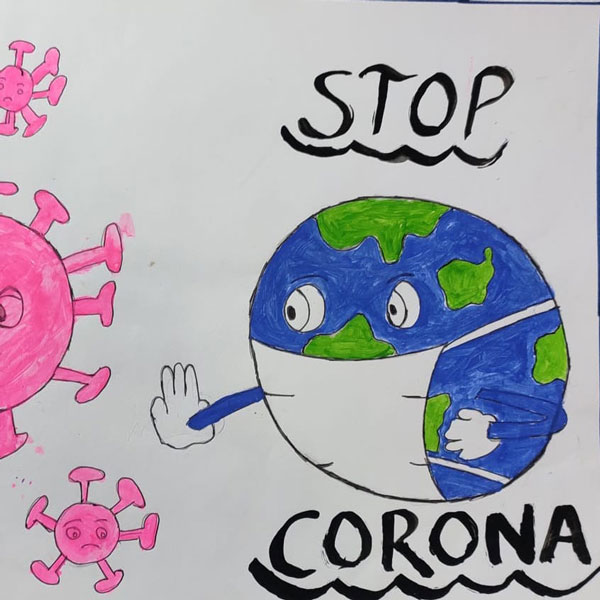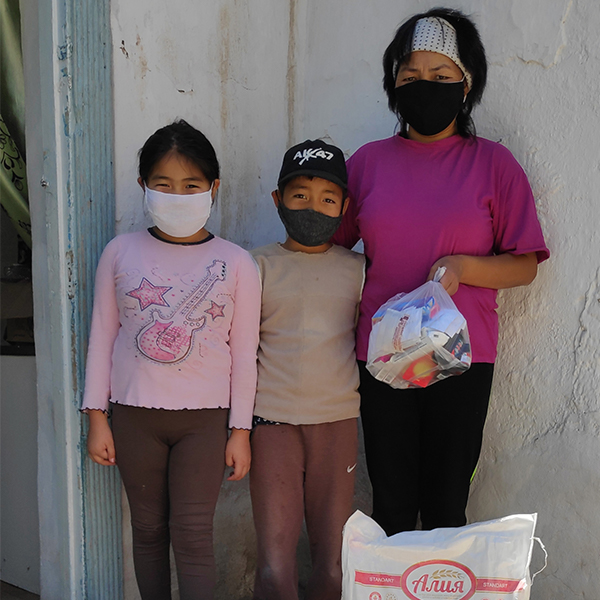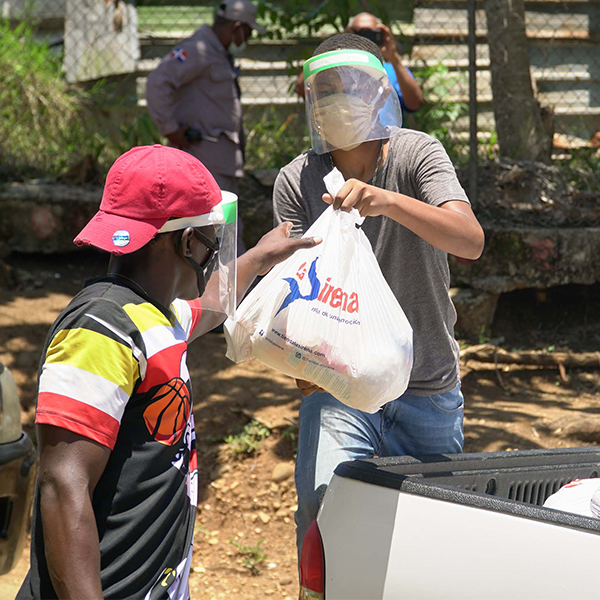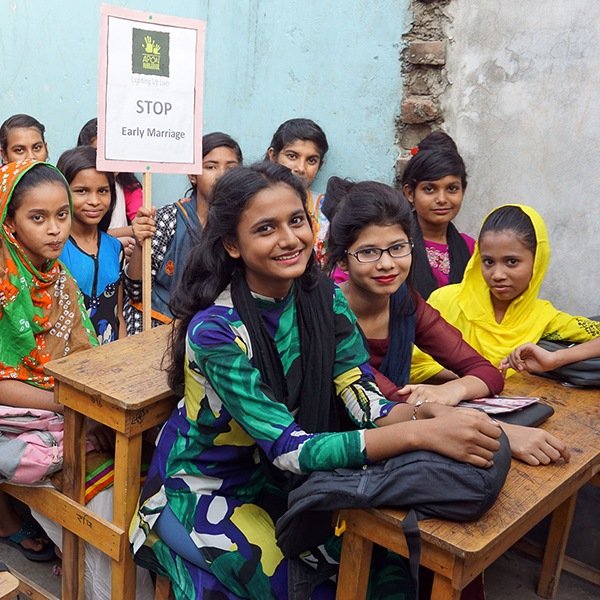Amid a second wave of COVID-19 cases in South Asia, GFC’s partners in Bangladesh are expanding their work to meet new challenges. APON and LEEDO, two organizations serving children living or working on the streets of Dhaka, share how they are responding to the pandemic.
Bangladesh’s government worked quickly in early 2020 to protect the population from the novel coronavirus, but its efforts left some groups behind: children living or working on the city streets. While some shelters and rehabilitation centers closed their doors due to fears of contagion, GFC’s local partners in the capital city of Dhaka opened theirs wider.
“When the pandemic started, other organizations – even the government initiatives – closed off, so this is the reality, that small organizations like APON, like LEEDO, are trying to reach children, and we do not have extensive resources,” said Forhad Hossain, the Founder and Executive Director of Local Education and Economic Development Organization (LEEDO).
LEEDO provides children living on Dhaka’s streets with informal schooling, meals, temporary shelters, and permanent housing in its Peace Home. As COVID-19 lockdowns cut some children off from their support systems and forced them to remain indoors in tense family situations, many chose to escape to Dhaka – only to face empty streets and empty stomachs.
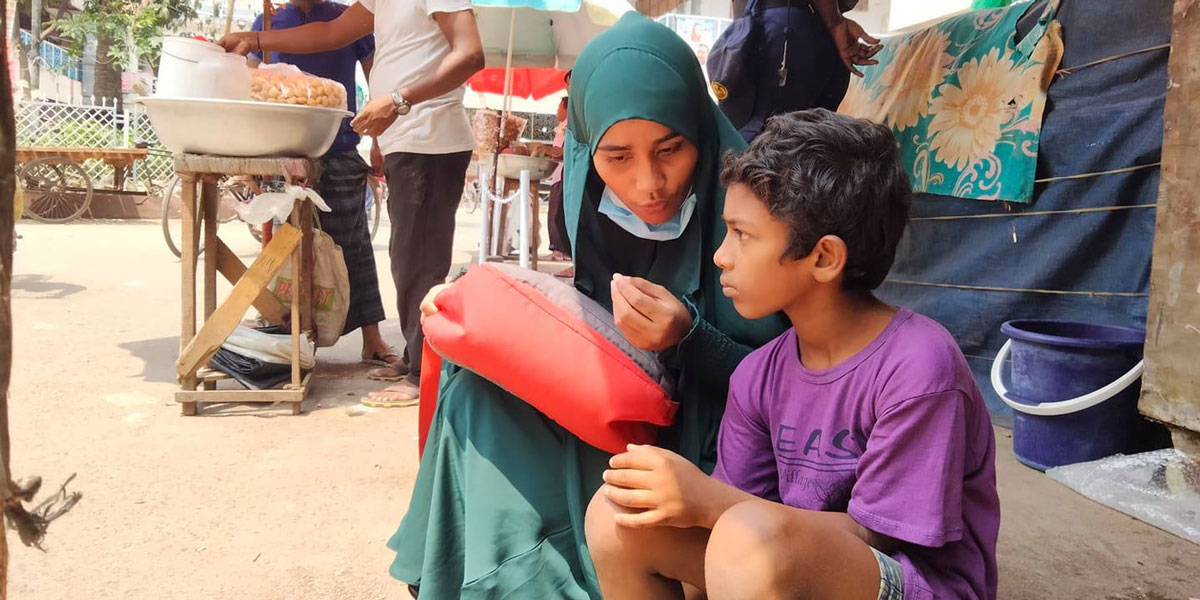
“If I say this is about children living with vulnerability, this is total vulnerability,” Forhad said.
Forhad has watched the number of street children rise during the pandemic, even as his funding sources remain stagnant. “Before the pandemic, we worked for 100 children, but during the pandemic, there have been 500 children. How can I manage them? This is a big challenge for us,” he added.
Alor Pothe Nobojatray Foundation (APON) faces similar challenges. In a normal year, APON provides schools, vocational training, and nutritional support for more than 400 children and their families, most of whom live in slums, but this has not been a normal year.
“Suddenly, the lockdown and restricted movements affected [the families’] income” and forced all 400 students to stay home, said Mohammad Aftabuzzaman, the Executive Director and CEO of APON Foundation.
“They are losing their education,” Mohammad, who goes by Aftab, said.
Using their existing resources coupled with grants from GFC’s COVID-19 Emergency Response Fund, the organizations have faced these challenges head on. LEEDO has distributed clothing, blankets, food, water, and hygiene supplies to hundreds of children, and has also provided families with medical support and monetary assistance. Since March 2020, LEEDO has helped 300 children leave the streets. Some of the organization’s former Peace House residents have joined in the effort by organizing events to distribute food and raise awareness about street children within both the local community and the national government.
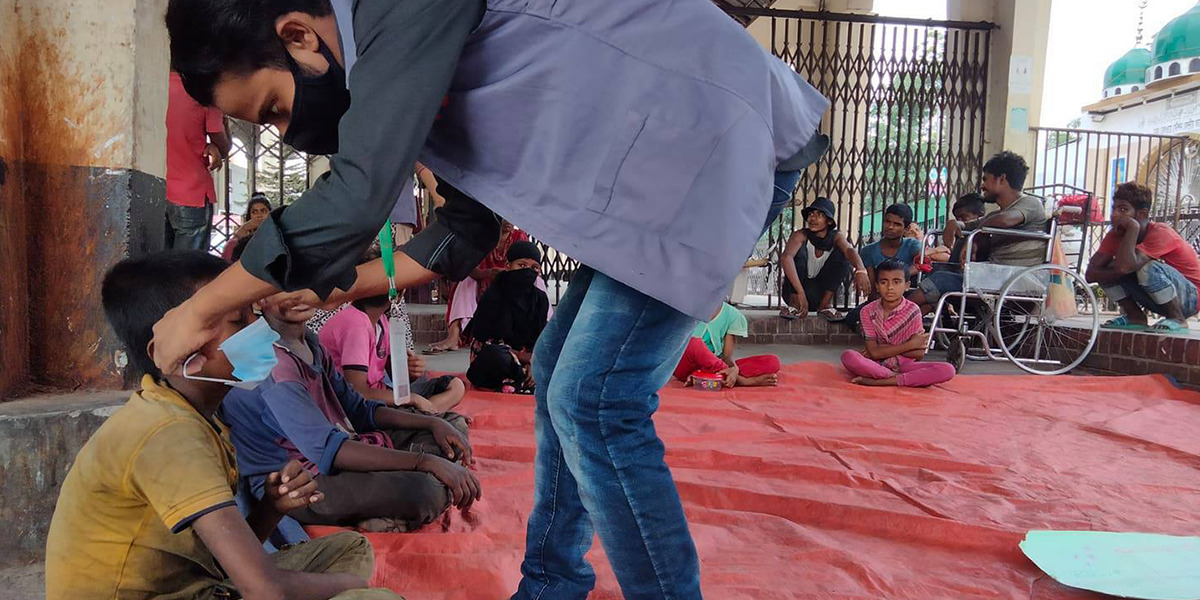
APON has seen increased community involvement in the organization’s efforts. “We mobilized our local community people,” said Aftab.
APON has sent students essential books for home study, distributed food packages, masks, and hand sanitizer to hundreds of families, and provided monetary assistance. Using the situation as a chance for leadership development, APON has helped its Girls Club – which engages girls between the ages of 13 and 18 in discussions about gender-based violence and early marriage – share information with the community about hygiene supply distribution and COVID-19 precautions.
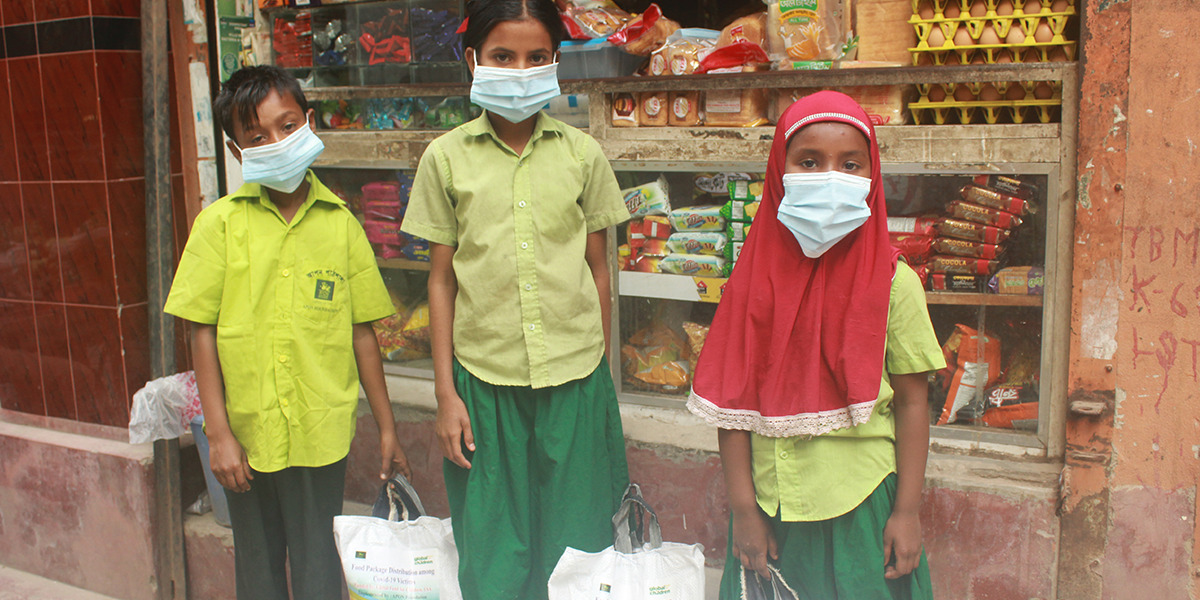
“GFC’s extra funds are a blessing for our community, especially our children,” Aftab said. “These funds are coming at a very, very crucial time.”
As South Asia endures a new wave of COVID-19 cases, the needs of the communities APON and LEEDO serve continue to grow due to the economic and social effects of the pandemic.
“We hope the situation will be normal soon, but the impacts will remain,” Aftab said.
Forhad agreed. “The pandemic’s impact will not be finished in one or two years, or even three years,” he said.
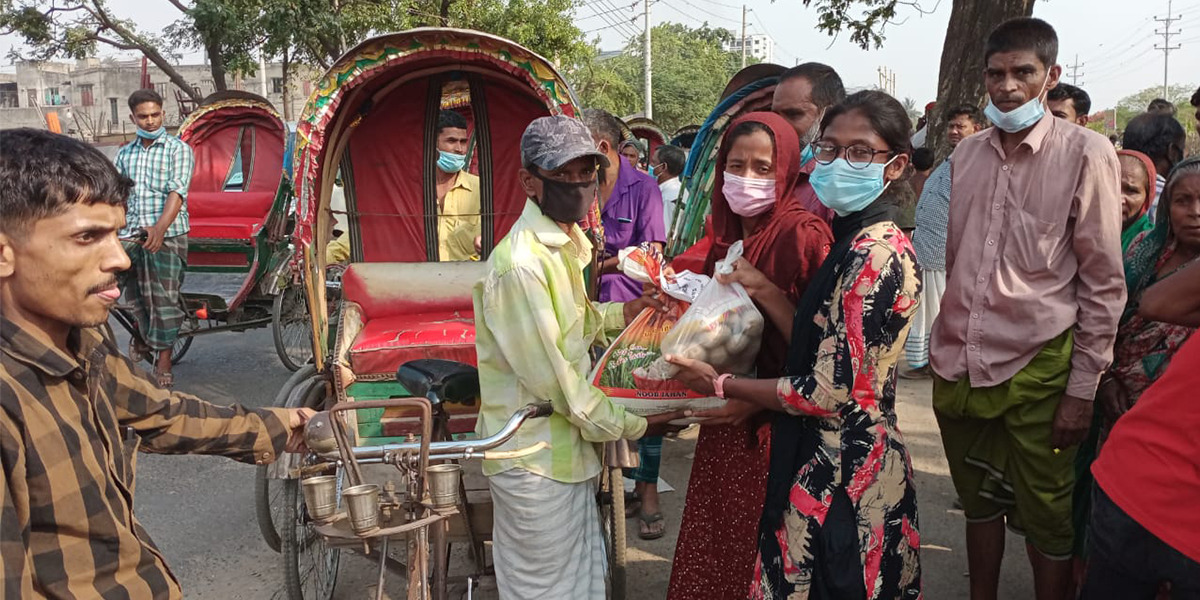
During the pandemic, both organizations have witnessed troubling increases in gender-based violence, child migration, poverty, class discrimination, and malnutrition – issues that will persist after the pandemic fades.
LEEDO plans to continue its efforts to raise awareness and collaborate with other organizations and governmental agencies because the needs are too great for small organizations to meet alone.
Aftab agreed that these issues require cooperative efforts. “It is not a matter of a one-man initiative,” he said. “We need collective initiatives to better the future of this vulnerable community.”
Header photo: LEEDO outreach workers speaking with a child. © LEEDO
